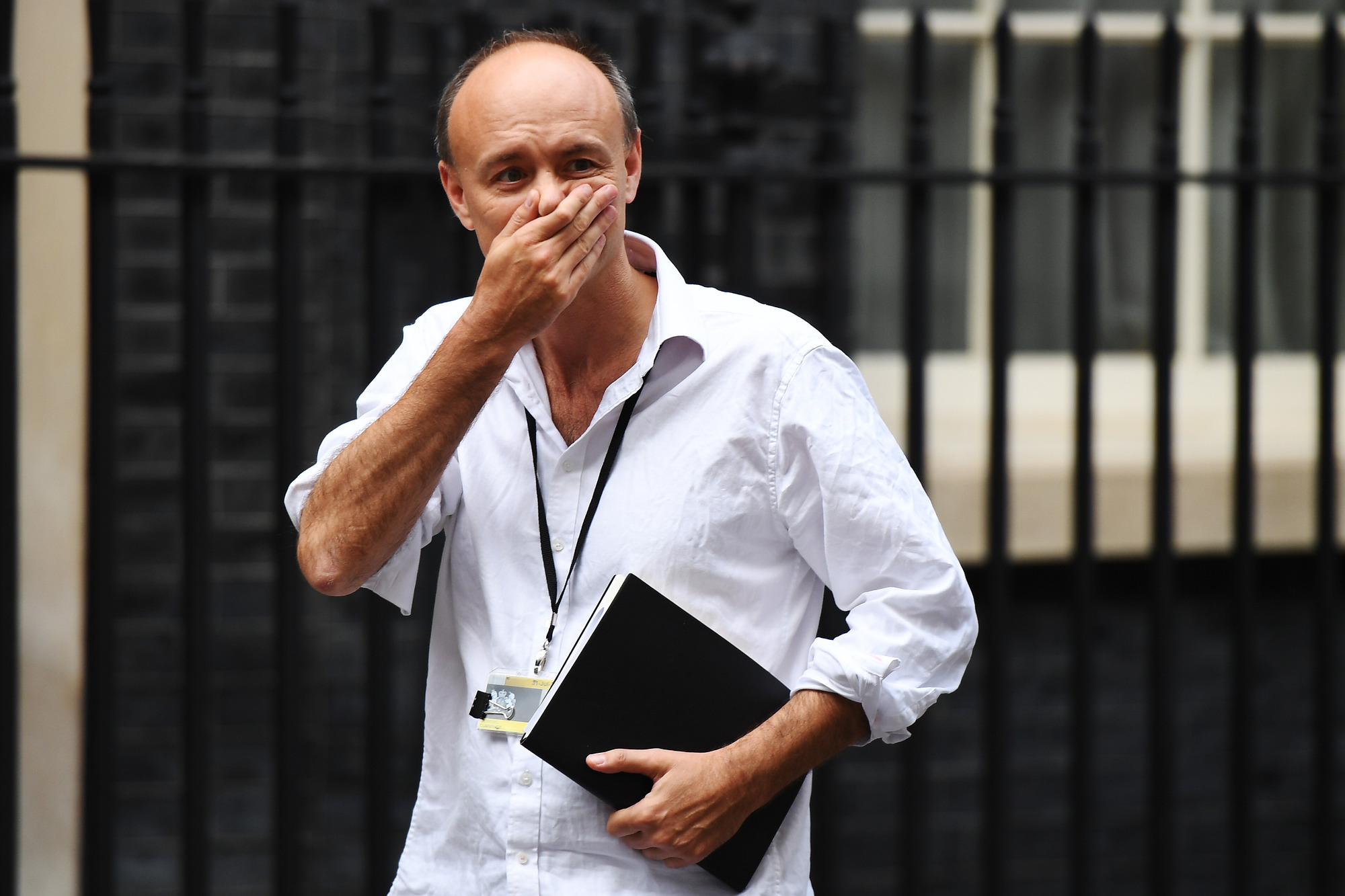In September 2022, Dominic Cummings proclaimed his intention to “plough the Tories into the earth with salt so they never recover & are REPLACED!”
Last August, he unveiled a project with the working title “The Startup Party” to do just that. But since then we haven’t heard much about it. Has the project just fizzled out like so many start-ups?
Apparently not. According to a report in Politico, preparatory work is underway. Cummings “has been organising a series of focus groups to get the public’s views about a potential new anti-establishment party”.
Not coincidentally, there’s a new interview with Jordan Tyldesley of the i newspaper in which Cummings says more about the why of his project — basically, the establishment is useless — than the how. Evidently, the plan is not to intervene in the election, but instead to finish off what’s left of the Tories afterwards. Whoever succeeds Rishi Sunak should be forewarned: the first item on his or her agenda is party survival.
But haven’t the Tories been knocking about since the Exclusion Crisis of 1679? Has Cummings never heard of the Lindy effect — the principle that the longer that something has been around, the longer it’s likely to carry on?
Probably. But he’ll also know that Tory continuity is somewhat exaggerated. Even by the loose definitions of the time, there were great stretches of the 18th century when the Tories ceased to exist as an organised political force.
Then there’s the example of the Liberal Party, which was replaced as the main alternative to the Conservatives by Labour. So, Cummings isn’t crying for the moon here. Indeed, there are reasons why the Conservatives could be a lot more vulnerable after the coming election than they were in the wake of their landslide defeat in 1997.
Firstly, their poll ratings now are much, much worse. The latest YouGov figures give Labour a 30-point lead, which in a general election could reduce the Tories to just 13 seats. It’s unlikely to be quite that bad in the event, but if it’s 10 times better that’s still 35 seats fewer than in 1997.
Secondly, in 1997, there were no fully organised competitors to the Conservative Party. The Lib Dems were talked up as an existential threat, but were too far to the Left to compete for votes on the Right. An embryonic Ukip existed, but most voters had yet to hear of Nigel Farage. In 2024, Cummings hopes that Farage “un-retires” so that Reform UK drives down the Tories to “double-digit seats”, which, he thinks, could happen “easily”.
Thirdly, the post-1997 Conservatives, though in disarray, soon acquired a purpose: saving the pound. Tony Blair was dead set on Britain joining the European single currency and the Lib Dems were even keener. So although the Tories were years away from looking like a government-in-waiting, they had a reason to carry on.
Assuming that Keir Starmer doesn’t try to do anything stupid like try to rejoin the EU, what will be the Tory raison d’être this time round? They don’t have a purpose now in office, so how much worse will it be in the wilderness?
Having failed to sack Sunak after the disastrous local election results, his wannabe successors need to find a new mission for a centre-right opposition. Because if Cummings gets to the answers first, then the whole lot of them are toast.











Join the discussion
Join like minded readers that support our journalism by becoming a paid subscriber
To join the discussion in the comments, become a paid subscriber.
Join like minded readers that support our journalism, read unlimited articles and enjoy other subscriber-only benefits.
Subscribe